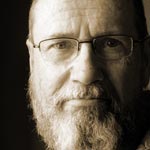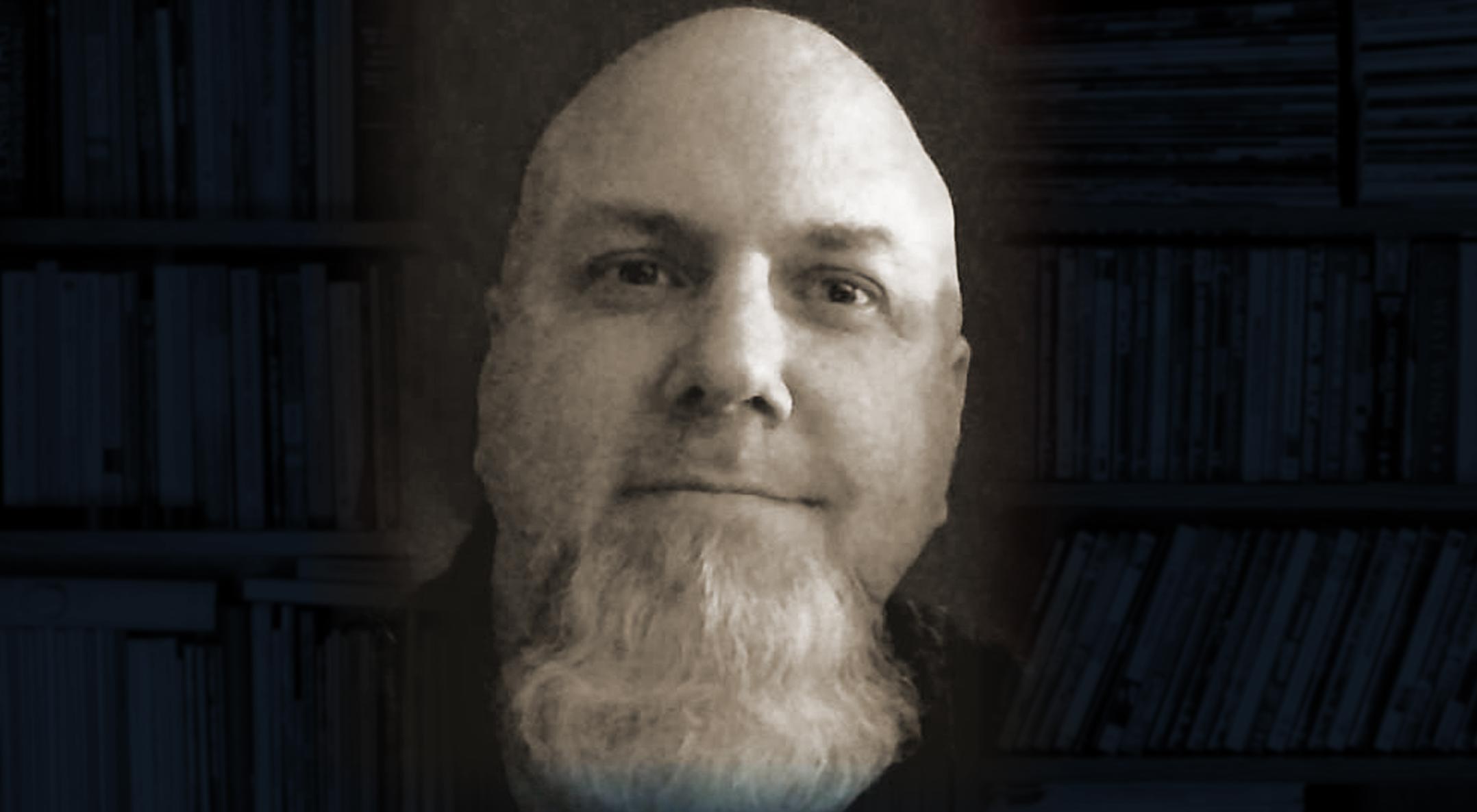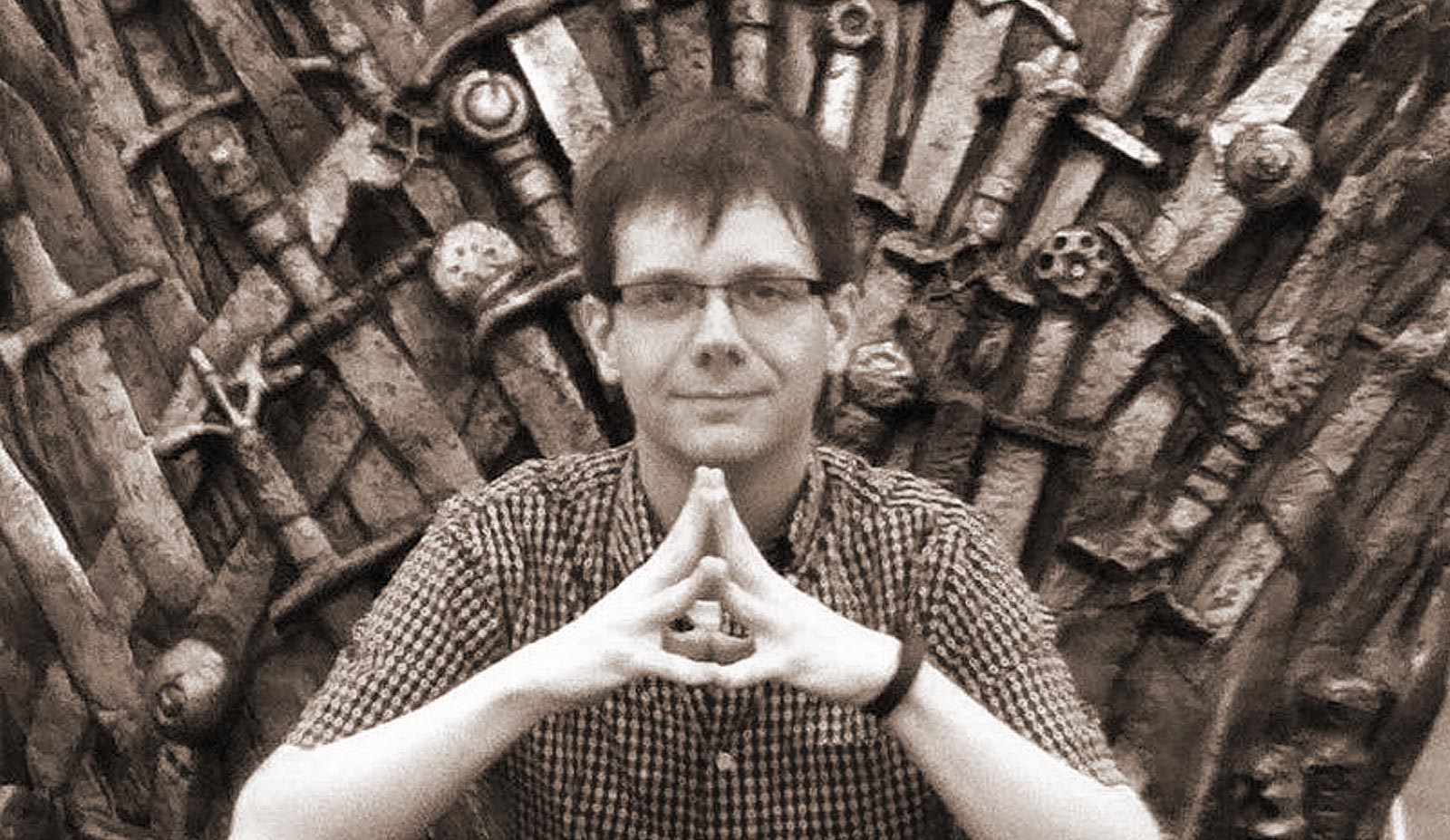
Nathan Lowell was the first Guest Host to ask us if he could be on the show. He’s also the first Guest Host to write us and ask “When are we doing it again?”. I’m not sure what that says about us, but it speaks volumes of Nathan. He has distinguished himself in many ways – as an author, podcaster, educator, and business man – but he’s also an adventurer, a seeker, and an artist who deeply enjoys exploring his craft. This second 20(ish) minutes with him leads down the road of discovering authorial voice, the editing process, and an exploration of what makes a “strong story”. There is a surfeit of writerly goodness for everyone here, so dive in an get yours! (and do check out Nathan’s Workshop Episode!)
PROMO: “The Story Board” with Patrick Rothfuss
Showcase Episode: 20 (more) Minutes with Nathan Lowell
[caution: mature language – listener discretion is advised]
Podcast: Download (Duration: 35:55 — 24.7MB)
Subscribe: RSS
Check out this and all our episodes on iTunes and on Stitcher Radio!
Episode Breakdown


00:45 – Nathan’s Intro
06:30 – One of my favorite quotes of yours is “I don’t have any good answers but I hope I’m asking interesting questions.” What questions are you asking these days?
- 07:00 – How can I make my stories stronger and be more what I want to say?
- 07:15 – I’m also looking for new ideas to write about
- 07:50 – I’m also wondering about the evolution of the economic engine both in terms of writers and how it effects culture and society
- 08:45 – And what is education going to be?
09:00 – What do mean by “a stronger story”?
- 09:05 – When I started writing, I just wrote the stories I wanted to read
- 09:15 – There’s a lot of structure that isn’t in those stories
- 09:25 – I wouldn’t change the stories I’ve written, but those structures help the reader understand how the story is unfolding
10:10 – So will you be moving away from the sensibilities that informed the Solar Clipper series?
- 10:30 – No. One of the things that drives the Solar Clipper universe is the notion that business is economic warfare
- 11:00 – When I was I business, I was studying Sun-Tzu’s ”The Art of War” and “The Book of the Five Rings”
- 11:40 – Thus far we’ve only seen one perspective… there are other aspects of the universe to explore
- 12:35 – I don’t see it changing, but the perspective will shift and the characters will need to grow
13:10 – At what point do you decide that a series or story arc is done?
- 13:25 – With the Share series it was easy… when I ran out of pay grades I ran out of stories
- 13:30 – With Tanith Fairport was only supposed to be a book, not a series
- 14:00 – I don’t know what the next book is until AFTER I finish the one before it
- 14:15 – If I have it plotted out too tightly, then the excitement of discovering the story is lost for me
- 14:35 – I have to discover it and in the discovery is where the magic happens
15:20 – PROMO: “The Story Board” with Patrick Rothfuss
16:45 – Do you have specific process or tasks when you go through your revision process?
- 18:05 – The process is I write the draft and typically I write off the end of the story (like falling off a cliff)
- 18:55 – I often have beta readers who are reading as the chapters are finished
- 19:30 – Second draft is pulling out the main themes
- 19:55 – There are details that are at the back end of the story that need to be seeded into the front end
- 20:30 – Last draft is for copy editing, punctuation
- 20:40 – I don’t worry too much about grammar.
- 20:50 – A lot of fiction – even the narrative – has to be from the character’s point of view
- 21:30 – You make it understandable, but you have to be aware that there’s the voice of the character to consider
- 22:05 – For me it’s challenging because I write for audio, for the story to be read aloud
- 22:35 – The audio and reading aloud is a fourth pass. I will change things that I can’t speak
- 23:10 – I do a lot of editing between the last audio pass and the first publishing pass
24:25 – Have you found your authorial voice?
- 24:55 – I think so. When I started I wasn’t sure
- 25:00 – I think one of the things authors have to do is put their voice out there and see if it resonates
- 25:25 – My touchstone is that people keep writing me asking when the next book is coming out
25:30 – What is a “Nathan Lowell” story?
- 25:35 – It’s a story of ordinary people in extraordinary circumstances
- 26:30 – I HAVE written some pulpy pieces that are perhaps my kind of stories or not
- 26:40 – There’s one called “The Hidalgo” that’s a Nathan Lowell story but also a horror story
27:30 – How do you help someone find their authorial voice?
- 28:25 – I think it goes back to allowing yourself to fail
- 28:50 – When you start out, it doesn’t all fall neatly off the ends of your fingers (or pen)
- 29:10 – Writing an extended piece is good practice at maintaining consistency throughout the piece
- 29:45 – I think if [a young writer] is distracted with technical considerations, their voice will happen by itself
- 30:35 – It’s particularly for people who are at that stage where what someone else thinks is of paramount importance.





Thanks for having me back, guys.
As ever, it was a blast.
I mentioned The Book of Five Rings and implied that was buy Sun Tzu. It’s actually by Miyamoto Musashi and deals with the life of a samurai warrior and his path…or bushido. A key lesson in that book is “you are already dead.”
That’s not a negating sentiment. It’s a recognition that death is not an option as much as an inevitability. Live the next moment as it it is your last and that is truly important to you will be clear.
For the samurai, that was particularly important because–movies notwithstanding–battles tended to be measured in single digits’ worth of seconds.
With that kind of outlook, what can you write? What stories are important enough to spend what little of your life is left on them?
I find that idea particularly compelling today.